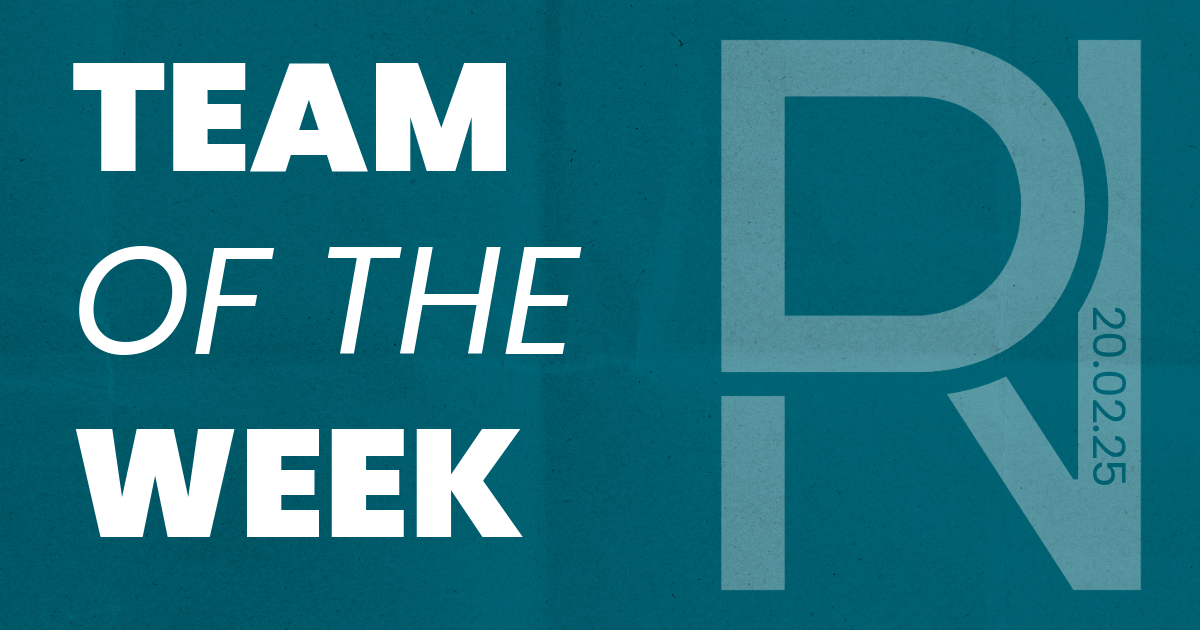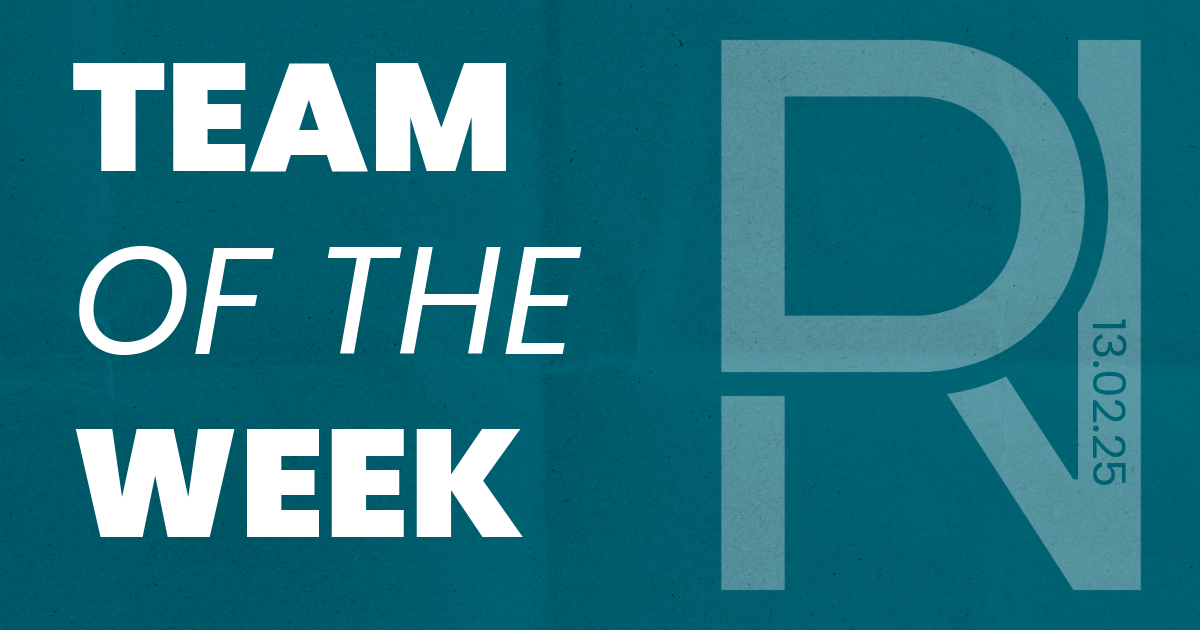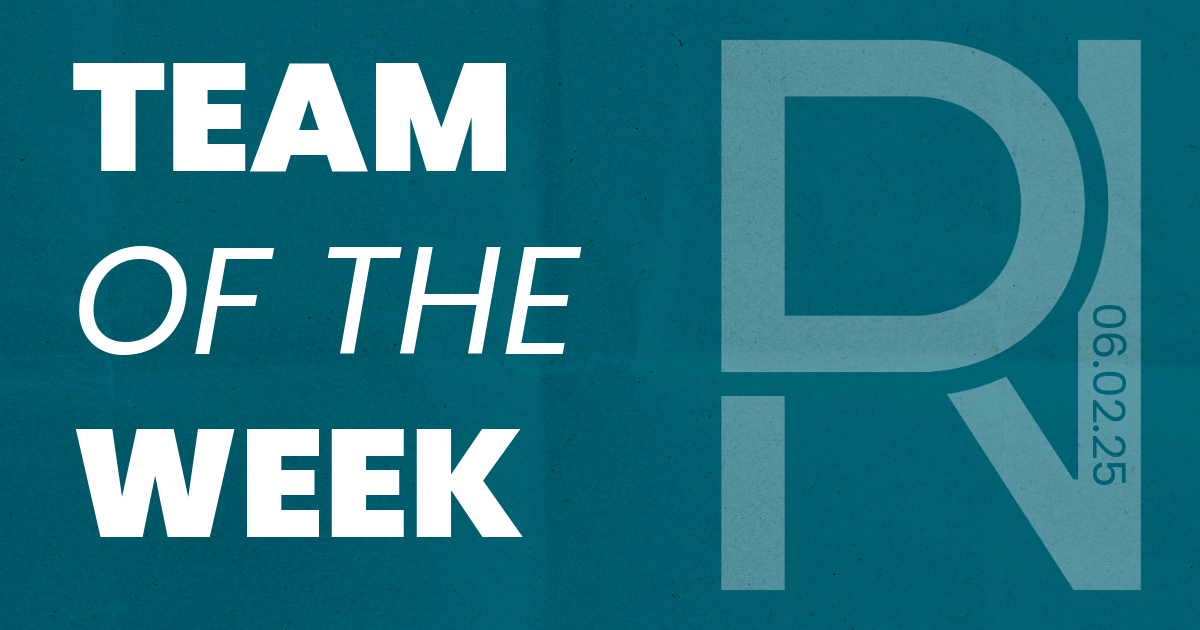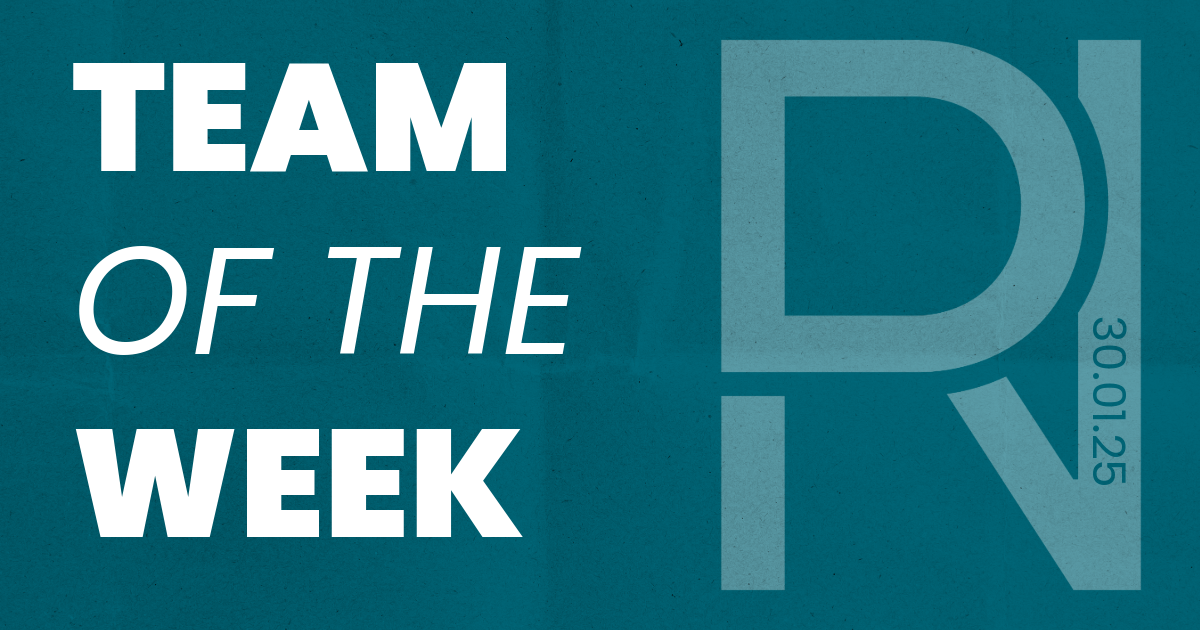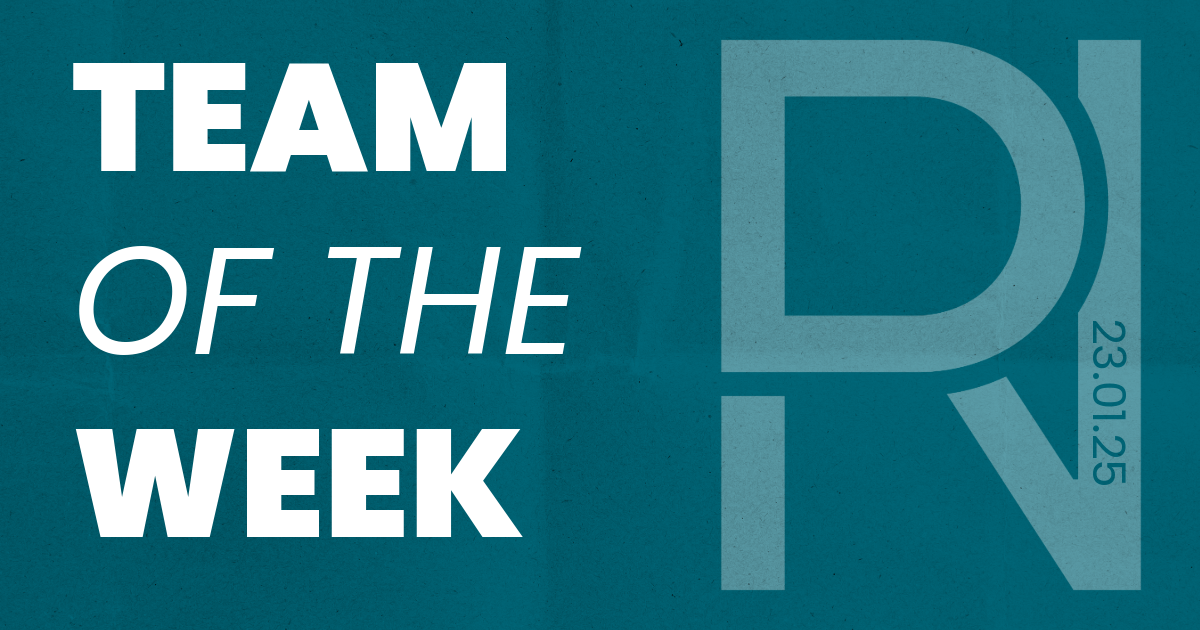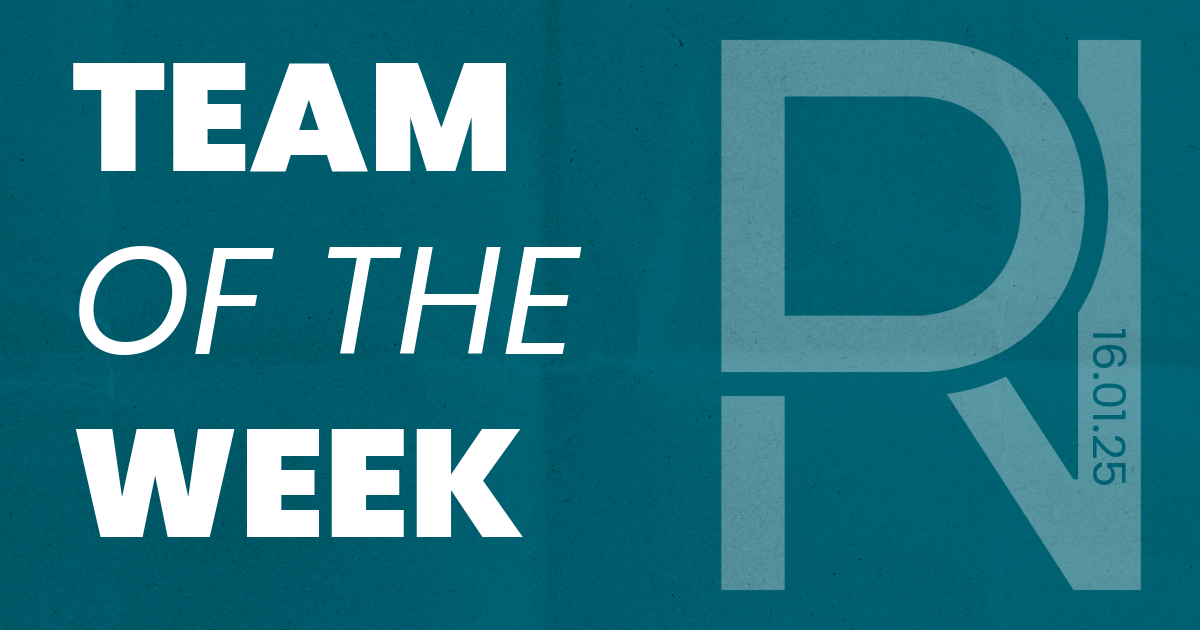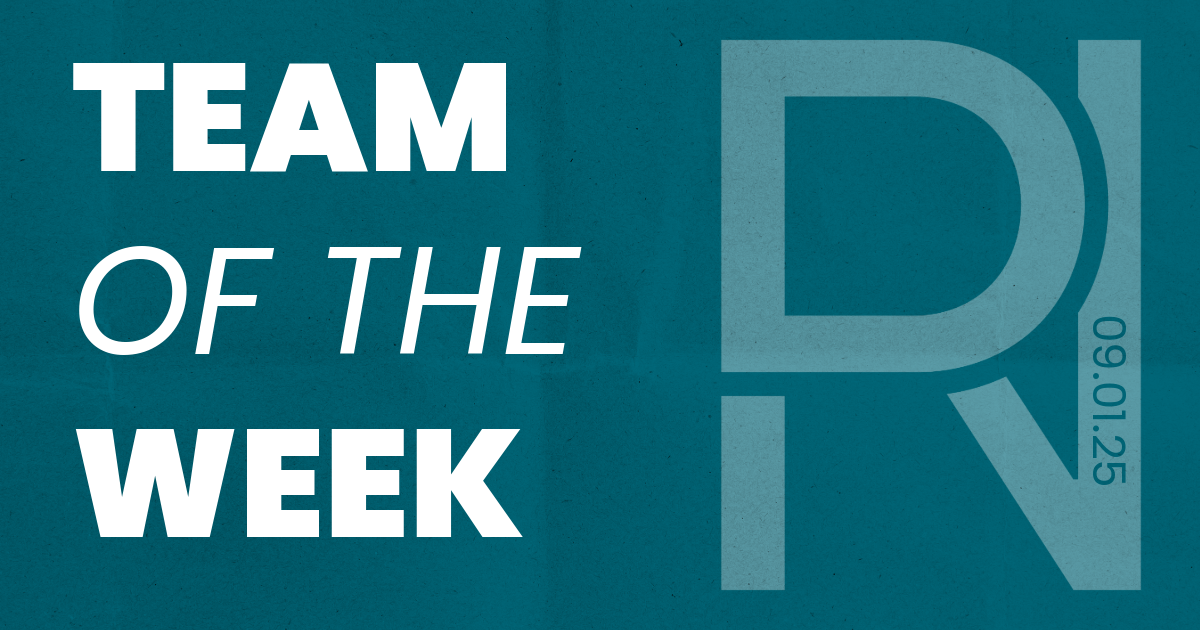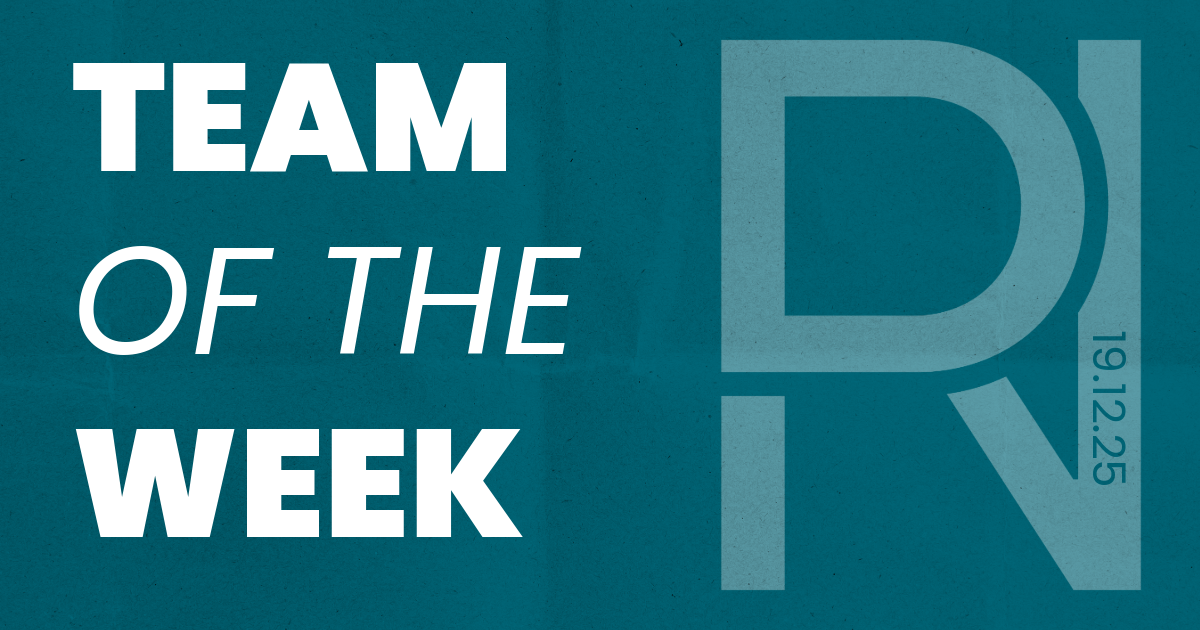The purpose of multi-sport events
The Commonwealth Games started with a spectacular opening ceremony celebrating the rich history and culture of Birmingham. It showcased the city’s critical role in the industrial revolution, its multicultural atmosphere and celebrated the local musicians. The ceremony brought in all of the Commonwealth’s 72 nations & territories and over 4,000 athletes in front of a crowd of 30,000 people at the Alexander Stadium.
Multi-sport events such as the Commonwealth Games are, without a doubt, one of the highlights of the sporting calendar. Whether you like athletics, swimming or gymnastics, there is something for everyone to watch and enjoy. Unlike the Olympics, the Commonwealth Games brings together a new collection of sports that are popular within the Commonwealth countries. Sports such as cricket, squash, netball and lawn bowls have their opportunity to shine.
The ‘Friendly Games’, as it is more affectionately known, offers a great sense of camaraderie among teams, supporters and the entire Commonwealth of Nations. Team England’s narrative this year is all about being ‘Part of The Pride’ – and being involved, watching or following an event like this does instil a strong sense of pride in all of us.
That pride is somewhat even more heightened for certain nations and territories that don’t often get the chance to compete on the biggest global sporting stages. The Falkland Islands, Gibraltar, Guernsey, Jersey, and the Isle of Man are a small example of those that are enjoying their moment, lapping it up quite rightly and everyone is loving it! We also have the rare opportunity to the Home Nations; England, Ireland, Scotland, and Wales competing separately as well. They go from teammates to rivals for 11 days, test themselves in different ways against new competitors and aim to ‘Bring it home’.
But the Games, and multi-sporting events is about much more than just the competition and pride it instils. There are deep-rooted social and political issues that arise, as well as the L-word…legacy.
The Games' connection to the Commonwealth is a unique history for a sporting event. Starting in 1930, they were originally called the British Empire Games. However, the tournament has drastically evolved since then. The newly branded Commonwealth Games was created after many countries' connections to the British Empire faded and the Commonwealth as we know it was formed.
However, with this history comes a darker side too. The history of the Commonwealth and its connection to colonisation is not one that can be forgotten. Much of this legacy is still very prevalent in many countries competing in the Commonwealth Games. For example, with more than half the countries competing, homosexuality is criminalised. These laws were passed down through colonisation and their existence to this day is proof of the lasting effects. Tom Daley, a powerful voice for equality, delivered the Queen's Baton to the Opening Ceremony surrounded by a parade of LGBTQ+ progress flags carried by citizens of countries that criminalise homosexuality. The Games is using its platform to deliver some of the most pertinent and powerful messages to the world.
Speaking of nations, one of the mange issues surrounding the Commonwealth Games, as well as many other events, is around the challenge of finding a host nation. An increasing number of nations are unable to host sporting events due to lack of funding or infrastructure, let alone security and political issues. The 2022 Birmingham Games for example were originally meant to be in Durban. It would have been the first time the Commonwealth Games would have been held in Africa but unfortunately, after not being able to secure their budget, the Games had to go elsewhere.
It's a shame really, as there’s clearly a positive impact that hosting tournaments such as the Commonwealth Games can have on nations and cities, let alone the opportunity to make their mark on the global stage. We have to ask, is there more that can be done to allow more countries to have their moment?
Right now, we are seeing first-hand how Birmingham is buzzing with the energy of the Commonwealth Games being hosted there and has been an incredible opportunity for them to showcase the history and culture of their great city not only to the rest of the UK but all over the world. Not only have the games been a big boost for tourism but potentially local economies as well.
We always talk about legacy around major sporting events. We know that major sporting moments such as London 2012 ten years ago, or even the recent Lionesses win won’t spark a shift in participation and drive huge number of people to sport. The real work needs to happen behind the scenes to capitalise on this moment and create a sustainable future for grassroots sport.
But, for now, fair play to Birmingham. The city has seized this moment to spread important messages and are having a blast hosting the Games!
Share via:

Sport and impact focused PR and communications agency, New Reach, has renewed its partnership with Hampshire Cricket and the iconic Utilita Bowl for a fourth consecutive year. This continued collaboration underscores New Reach’s commitment to delivering exceptional PR and media relations that has amplified profile for the club and venue, alike. Since 2022, New Reach has worked closely with Hampshire Cricket to deliver strategic media relations, innovative campaigns, and impactful storytelling that showcase the club’s achievements both on and off the pitch. New Reach has led PR campaigns including the historic solar project in partnership with Utilita, established new and improved relationships with media brands, driven global announcements and managed key media moments including media days, the signing of cricketing icon Ellyse Perry and the club’s acquisition by GMR Group. Throughout 2026, New Reach will closely align with a new-look team at Utilita Bowl, delivering PR strategy across key moments inside and out of cricket. This will include The Hundred in its new format, the stadium’s 25 year anniversary, positioning the club and venue as leaders across T20, women’s and international cricket, ongoing cricket and regional media engagement, celebrating impact in the community and placing the club’s leaders at the heart of the industry. Nick Rewcastle, Managing Director at New Reach, commented: “We’re thrilled to extend our partnership with Hampshire Cricket for another year. Utilita Bowl is one of the most exciting venues in global sport and entertainment, and we look forward to continuing to help Hampshire Cricket and the venue tell its story and connect with audiences in meaningful ways. “Every year is an exciting year at Utilita Bowl, and we’ve enjoyed working across such a variety of powerful projects and initiatives. 2026 is set to continue in that trajectory, but with some new faces internally at the club and the first full year of new ownership. We’re truly looking forward to backing the Rose and Crown again this year.” Jonathan Peace, Head of Brand, Digital and Marketing at Utilita Bowl added: “New Reach has been an invaluable partner in elevating our communications strategy. Their expertise and creativity have helped us build stronger relationships with fans and media alike, and we’re excited to see what we can achieve together in 2026.” With deep-rooted expertise in sport, media and events, New Reach crafts tailored campaigns across PR, social media and video that inspire action and create lasting impact. New Reach’s commitment to transparency and authenticity drives everything the agency does, with partnerships going beyond business; ensuring every collaboration is rooted in integrity, trust, and a shared purpose. New Reach will not compromise trust, morals or rules to profit.

Sport and impact focused PR and communications agency, New Reach, has renewed its partnership with Hampshire Cricket and the iconic Utilita Bowl for a fourth consecutive year. This continued collaboration underscores New Reach’s commitment to delivering exceptional PR and media relations that has amplified profile for the club and venue, alike. Since 2022, New Reach has worked closely with Hampshire Cricket to deliver strategic media relations, innovative campaigns, and impactful storytelling that showcase the club’s achievements both on and off the pitch. New Reach has led PR campaigns including the historic solar project in partnership with Utilita, established new and improved relationships with media brands, driven global announcements and managed key media moments including media days, the signing of cricketing icon Ellyse Perry and the club’s acquisition by GMR Group. Throughout 2026, New Reach will closely align with a new-look team at Utilita Bowl, delivering PR strategy across key moments inside and out of cricket. This will include The Hundred in its new format, the stadium’s 25 year anniversary, positioning the club and venue as leaders across T20, women’s and international cricket, ongoing cricket and regional media engagement, celebrating impact in the community and placing the club’s leaders at the heart of the industry. Nick Rewcastle, Managing Director at New Reach, commented: “We’re thrilled to extend our partnership with Hampshire Cricket for another year. Utilita Bowl is one of the most exciting venues in global sport and entertainment, and we look forward to continuing to help Hampshire Cricket and the venue tell its story and connect with audiences in meaningful ways. “Every year is an exciting year at Utilita Bowl, and we’ve enjoyed working across such a variety of powerful projects and initiatives. 2026 is set to continue in that trajectory, but with some new faces internally at the club and the first full year of new ownership. We’re truly looking forward to backing the Rose and Crown again this year.” Jonathan Peace, Head of Brand, Digital and Marketing at Utilita Bowl added: “New Reach has been an invaluable partner in elevating our communications strategy. Their expertise and creativity have helped us build stronger relationships with fans and media alike, and we’re excited to see what we can achieve together in 2026.” With deep-rooted expertise in sport, media and events, New Reach crafts tailored campaigns across PR, social media and video that inspire action and create lasting impact. New Reach’s commitment to transparency and authenticity drives everything the agency does, with partnerships going beyond business; ensuring every collaboration is rooted in integrity, trust, and a shared purpose. New Reach will not compromise trust, morals or rules to profit.

